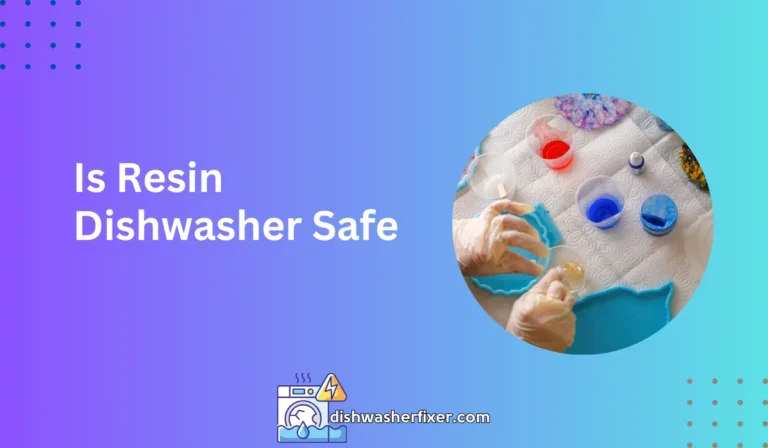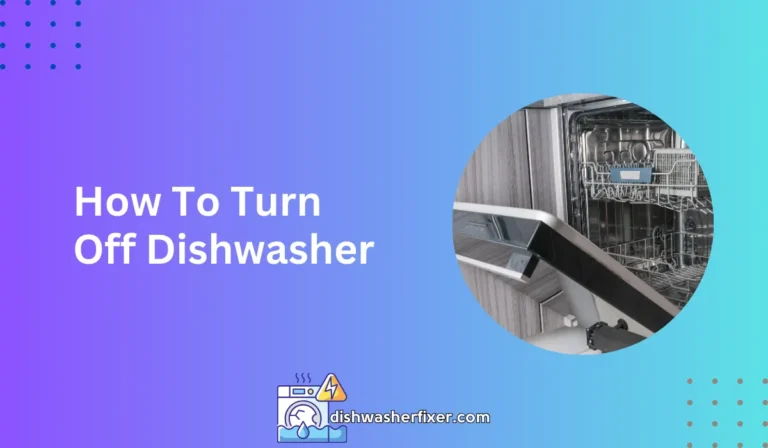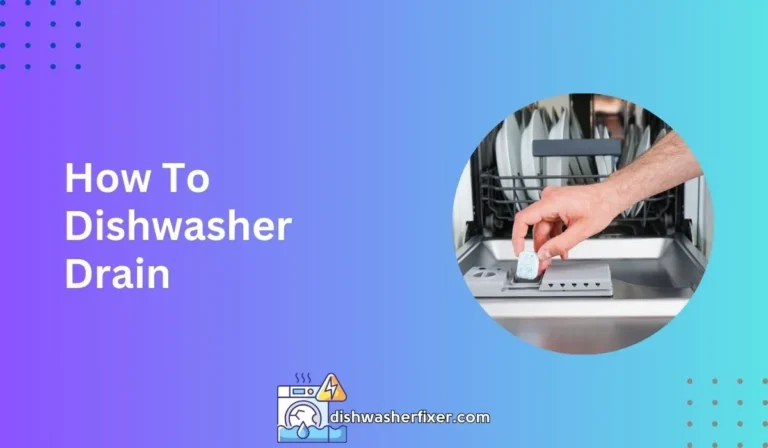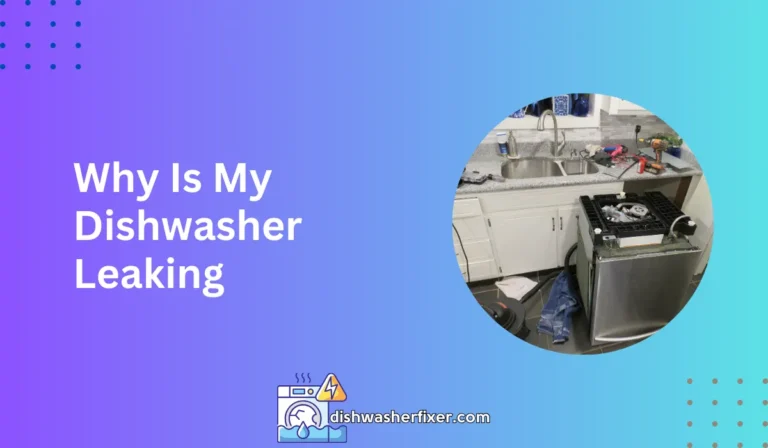Do You Need Rinse Aid with Dishwasher Tablets? Find Out Why!
Using rinse aid with dishwasher tablets is not always necessary, as many tablets include rinse aid. However, if you experience water spots or streaks, adding rinse aid can improve drying and shine. Check your tablet’s packaging for rinse aid inclusion.
Understanding Dishwasher Tablets and Rinse Aid
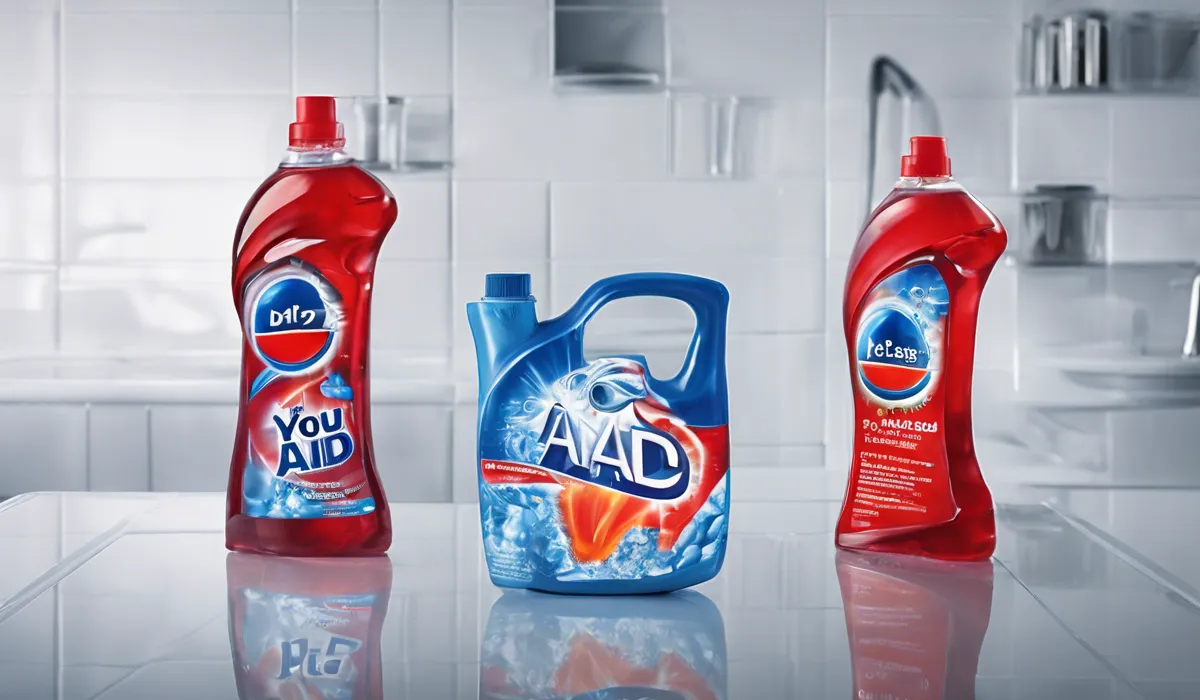
Composition of Dishwasher Tablets
Dishwasher tablets are compact blocks of concentrated dishwashing detergent designed for ease of use and efficient cleaning.
These tablets commonly contain cleaning agents, stain removers, water softeners, and sometimes a rinse aid component.
The ingredients work together to break down and remove food residue, grease, and common kitchen stains, providing a powerful clean without the need for pre-rinsing dishes.
The Role of Rinse Aid
Rinse aid is a dishwashing additive that is specifically formulated to reduce surface tension of water. This function is critical during the final rinse cycle, as it allows water to spread thinly and evenly over dish surfaces.
By promoting better water flow, rinse aid prevents droplets from forming, which are the culprits behind water spots and streaks on your dishes.
How Rinse Aids Enhance Dishwashing
Rinse aids contain surfactants that make water ‘wetter’, which aids in the drying process and ensures that dishes come out spotless and shining.
They work by allowing the water to drain quickly off dish surfaces, minimizing the droplets that can leave behind unsightly spots or a filmy residue. This is particularly helpful for glassware and cutlery, which are prone to showing spots.
Rinse Aid’s Effectiveness Against Water Marks
Water marks can mar the appearance of your dishes, but with the aid of a rinse aid, the mineral deposits that cause these marks are less likely to stick to surfaces. The result is clean, clear dishware that looks pristine without extra hand-drying or polishing.
The Case for Using Rinse Aid with Dishwasher Tablets
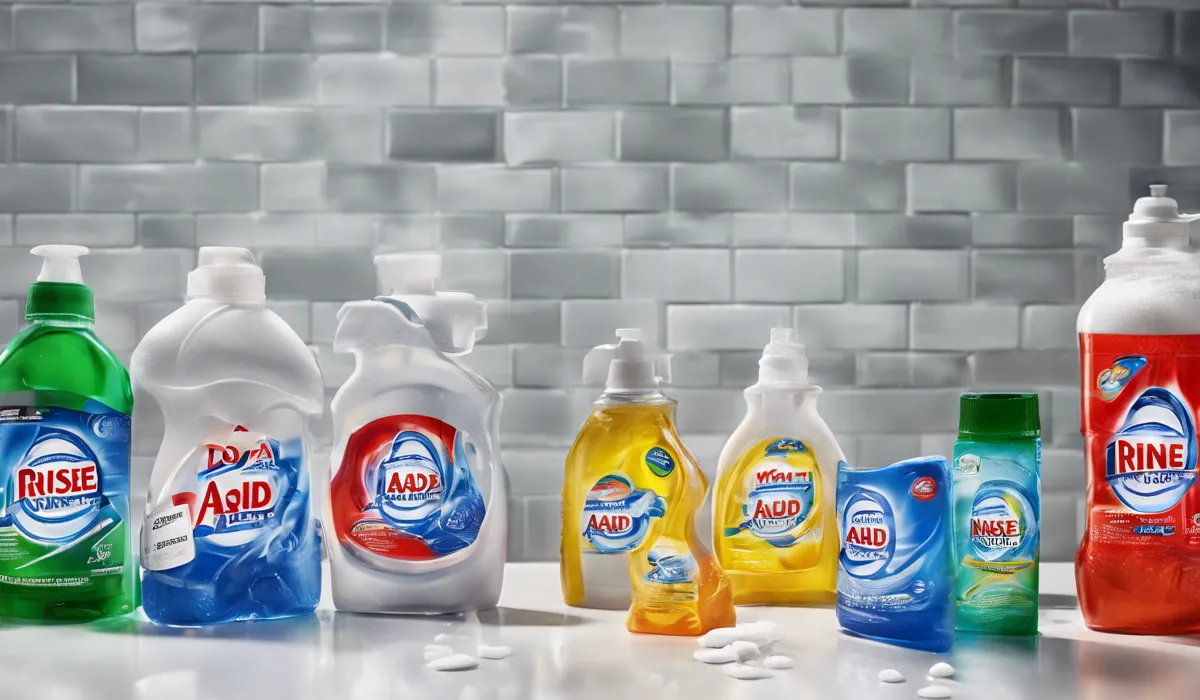
Dishwasher Tablets with Rinse Aid
Many modern dishwasher tablets are formulated with built-in rinse aid, which can be sufficient for most homes. These multi-functional tablets are convenient and cost-effective, as they eliminate the need for separate rinse aid products.
When Additional Rinse Aid Is Needed
Despite the convenience of all-in-one solutions, there are times when additional rinse aid can be beneficial.
For instance, if you notice spots or film on your dishes after a wash cycle, it may indicate that the built-in rinse aid is not quite doing the job, especially if you have hard water or a heavy load of dishes.
Impact of Water Hardness
Water hardness refers to the concentration of minerals, such as calcium and magnesium, in your water supply. These minerals can reduce the efficacy of dishwasher tablets and can lead to limescale buildup in your machine.
In areas with hard water, using additional rinse aid can help counteract these effects and ensure your dishes come out clean.
Optimizing Results for Different Dishware
Certain types of dishware and glassware, like wine glasses or fine china, may benefit from the extra attention that a separate rinse aid can provide.
The additive can help maintain the clarity and luster of delicate items, ensuring they are presentable for special occasions.
Alternatives and Considerations

Advanced Dishwasher Tablet Formulations
As technology advances, so do dishwasher detergents. There are enhanced formulations available that offer better cleaning power, sometimes reducing or eliminating the necessity for additional rinse aid.
These tablets can be especially useful for those looking to streamline their dishwashing routine.
Natural Rinse Aid Solutions
For those concerned with the use of chemicals in their home, there are natural and DIY rinse aid alternatives, such as vinegar. These solutions can be gentler on the environment and are often less expensive than commercial rinse aids.
Adjusting Dishwasher Settings
Many dishwashers offer settings that can be adjusted to enhance drying performance.
For example, increasing the temperature of the final rinse or enabling a fan-assisted drying cycle can help in the absence of a rinse aid. Carefully read your dishwasher’s manual to understand the settings available on your model.
Environmental and Cost Implications
Using rinse aids comes with environmental considerations. The chemicals in rinse aids can contribute to pollution if not properly treated at water treatment facilities.
Additionally, the cost of purchasing separate rinse aid can add up over time. Weighing these factors against the benefits will help you make an informed decision about your dishwashing practices.
FAQs About Rinse Aid and Dishwasher Tablets
Do dishwasher tablets eliminate the need for rinse aid?
Many dishwasher tablets include rinse aid, but whether you can skip adding it separately depends on the effectiveness of the tablet and your water quality.
How do I know if my dishwasher tablets have rinse aid in them?
Check the packaging of your dishwasher tablets; it should state whether rinse aid is included in the formula.
Can adding rinse aid improve the performance of dishwasher tablets?
Yes, adding rinse aid can improve drying and shine, particularly if you notice water spots or streaks after washing.
Is it necessary to use rinse aid if I have hard water?
Yes, rinse aid can be particularly helpful in hard water areas to prevent spots and improve drying.
Will using both rinse aid and dishwasher tablets with rinse aid cause any issues?
Using both should not cause issues, but it might be unnecessary. Adjust usage based on the results you see after washing.
Final Thoughts
While many dishwasher tablets incorporate rinse aid, it’s not a universal feature. Assess whether additional rinse aid is necessary by examining water spots or streaks on dishes post-wash.
For optimal drying and shine, adding rinse aid may be beneficial. Always consult the tablet packaging to determine if it already includes rinse aid.
